Today, word choice matters, not only at the highest levels of political power in our country, but in our everyday speech, no matter our political persuasion or good intentions. Since the election of Donald Trump, we have seen an increase in hate speech everywhere from public gatherings to social media channels.
The past two months have been especially traumatic for so many groups, including the Latinx community who were targeted by a gunman in El Paso after being called "illegal invaders" of this country; immigrants who were told to "go back where they came from"; and journalists who were deemed disseminators of "evil propaganda" by our president.
These examples are enough for us to make the case, as some already have, that words matter more than ever in the current American public discourse. We must, however, all be responsible for the intentions of our speech (or tweets) and also how they are perceived.
Often, even those of us with the best intentions or the most 'woke' social justice warriors among us, use terms that are unknowingly othering, that contribute to long standing societal stereotypes or that embed violence into our speech.
While it is impossible to ignore the rhetoric stemming from the most powerful office in the land, that must not hinder each of our efforts to employ empathy and respect in the pursuit of a more just and equitable society.
For our team at Elle Communications, word choice is arguably the most important part of each of our days as we work to shape messaging with and for activists, advocates, entrepreneurs, companies, nonprofits, and other groups striving to create positive change in our country and our world.
Here are four things to consider when thinking about the ways in which we choose to move through this world and the words that we use along the way.
Choose words that indicate the documented and scientific facts underlying an issue and its importance.
A new approach to communicating about climate issues is gaining traction, one that focuses on actual systems change.
In May, The Guardian declared that it would be changing its verbiage used in environmental coverage, replacing "climate change" with "climate crisis," to which a number of other media publications followed suit. "We want to ensure that we are being scientifically precise, while also communicating clearly with readers on this very important issue," the editor-in-chief, Katharine Viner, went on the record as saying. "The phrase 'climate change,' for example, sounds rather passive and gentle when what scientists are talking about is a catastrophe for humanity." Turning something important into a vanilla topic diminishes the importance of a proven collection of facts that are threatening. We've now had arguably the most powerful climate action year to-date in order to address this crisis: Sunrise Movement has gained steam and held climate sit-ins on Capitol Hill, millions of people have donated to save the Amazon rainforest, and another Global Climate Strike is planned during UN Week in New York City.
Ralph Nader, a four-time presidential candidate, wrote in a recent Boston Globe op-ed that "being able to control language can make a real difference in public opinion."
Choose words that encourage conversation with and respect for others with points of view different from your own.
Words can be polarizing and hurtful, they can cause detrimental policy change and fuel potentially dangerous zealots, but they can also be ripe with love and full of power. "During these difficult days [expressions of] love feels like a political act," said Mónica Ramírez, a renowned activist and organizer of the recent Querida Familia letter. The letter of love and solidarity to the Latinx community was published in The New York Times, El Diario, El Nuevo Herald, and La Opinión, took over the national news cycle, and received overwhelmingly positive response from community members and allies. "We are asking people to sign on to love -- and it is working," added Ramírez.
RELATED: Former Obama official 'connects the dots' between El Paso terrorists' letter and Trump's tweets
The nonprofit Kind Campaign, an organization that works to bring awareness and healing to the negative and lasting effects of girl-against-girl bullying, places such an emphasis on positive word choice that twenty-one pages of its educational kindness curriculum focuses on the ways in which girls speak to one another. And on how to apologize.
We have placed a great onus in the social, political, and cultural justice movements of our time on action-oriented moments, events, and marches. We release widespread "calls to action."
Examples like the Querida Familia letter and the global Kind Campaign curriculum prove that we must consider words and their positive intentions to be inextricably tied to these calls to action in order to create the change and harmony we want to see in our communities. And in our country.
Choose words that recognize individuals as individuals regardless of their ethnic group, educational or financial status, or political party.
Word choice can help to change the cultural narratives around people of color, immigrants, refugees, Muslims, and Native people—especially those who are women, queer, transgender, and/or disabled. We've seen excellent recent examples of these types of stories being elevated via film and pop culture, from "Black Panther" and "Crazy Rich Asians" to "Roma"and Ava Duvernay's "When They See Us." The organization Pop Culture Collaborative, which aims to bring authentic stories of marginalized communities into American pop culture, will have funded $7 million in grants by the end of this year to organizations, people, and projects that "encourage mass audiences to reckon with the past and rewrite the story of our nation's future."
When it comes to a political and culture issue like criminal justice reform, it is essential that we change the conversation and culture around how we treat, think, and talk about individuals with justice involvement backgrounds in the United States. Here there is a need to shift both the actual narrative and lexicon — in the media and in our communities — to eliminate words such as "ex-con" and "inmate" that stigmatize individuals.
Ronald Day, vice president of programs at The Fortune Society in New York City, wrote for GOOD that "we co-opted a negative vocabulary because it was convenient." His team created a guide called "Words Matter" to encourage people to think about those involved in the justice system in humanizing ways and to have a conversation with them rather than about them. "As someone who spent fifteen years in prison," wrote Day, "I know that a simple but effective way to help reform the system is to refrain from using negative vocabulary, words, and terms like 'felon,' 'ex-con,' or 'inmate.' Indeed, if we want to be a country that truly believes in second chances, we need to remove this negative stigma."
Avoid cliché words and phrases that embed violence or veiled insults in your everyday speech.
"Shoot it over to me." "Can you take a stab at this?"
I have uttered these phrases, or a similar versions of them, many times over the course of my career.
"Let's take aim at that goal." "Hit me."
The latter, a seemingly nonchalant quip to let a person know they can tell me their problems or ask me a question. This style of communication has been prevalent in my different workplaces, and upon starting to discuss this with colleagues and friends who work in other collaborative offices and professional settings in business, I learned that they, too, all use the same type of language.
After the Parkland shooting in early 2018, a colleague and I began to examine all of the instances in which our business contacts used these types of phrases. It netted out to an average of a few times a day so we committed to consciously working to reframe our own daily language. Maybe by telling someone to "fire away" or "take a shot at it," we aren't directly contributing to mass shootings or the monthly gun violence in places like Chicago, but we are inadvertently normalizing speech with subtleties and subliminal references to gun culture that could also be triggering. With the increase of mass shootings and now the recent release of the March for Our Lives Peace Plan for a Safer America, we owe it to survivors everywhere to update our vocabulary.
RELATED: Nancy Pelosi's blunt comments on climate change earned her a standing ovation in the new Congress
It is up to each one of us to ask ourselves this simple question: How will we each move through this world, in our communities, with our friends and families - not only with kindness and dignity, but also thinking critically about how we positively add to the collective dialogue?
Are the words we're using, ones that aren't meant to be hateful in any way, inadvertently normalizing violence or subversively contributing to gun culture? Are they contributing to an unconscious bias towards those who have had experience in the criminal justice system? Are they hurting or helping to save our environment? Are they welcoming to immigrants and all communities?
The words we use won't always stop a fight and might not fix the climate crisis, but with incremental shifts to our daily language, we might just change the trajectory of a certain situation, create some semblance of community where it was previously lacking, or make someone feel safe. And just maybe, your words could help to heal the world.
For those interested in learning more, the University of New Hampshire's Bias-Free Language Guide is an excellent non-partisan resource.
Silvie Snow-Thomas is the Vice President of Impact at Elle Communications, a communications firm that uses PR to elevate pioneers for positive change. She is also a Returned Peace Corps Volunteer.















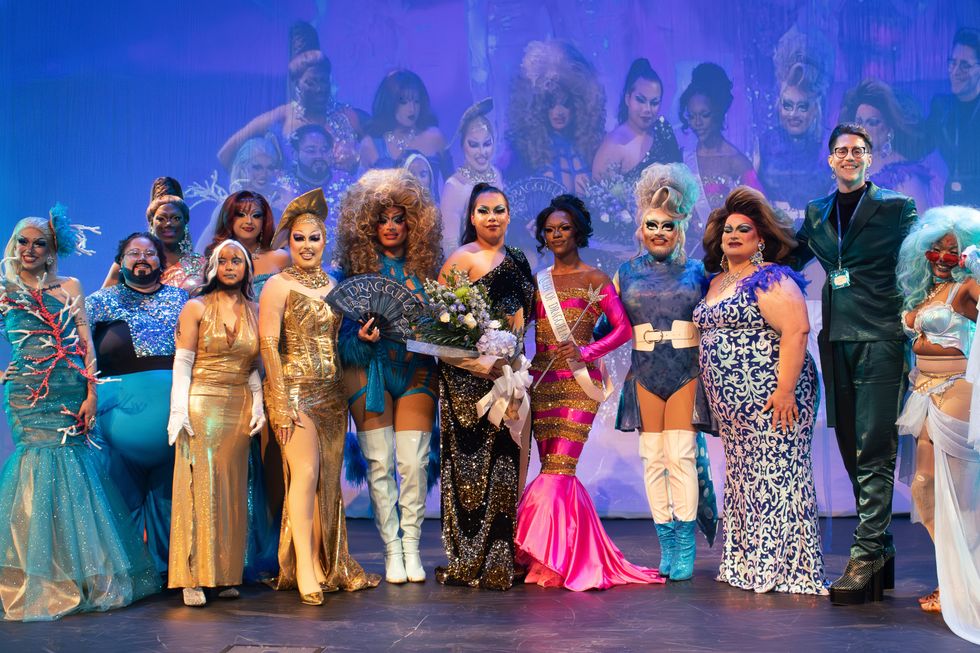 The contestants and hosts of Draggieland 2025Faith Cooper
The contestants and hosts of Draggieland 2025Faith Cooper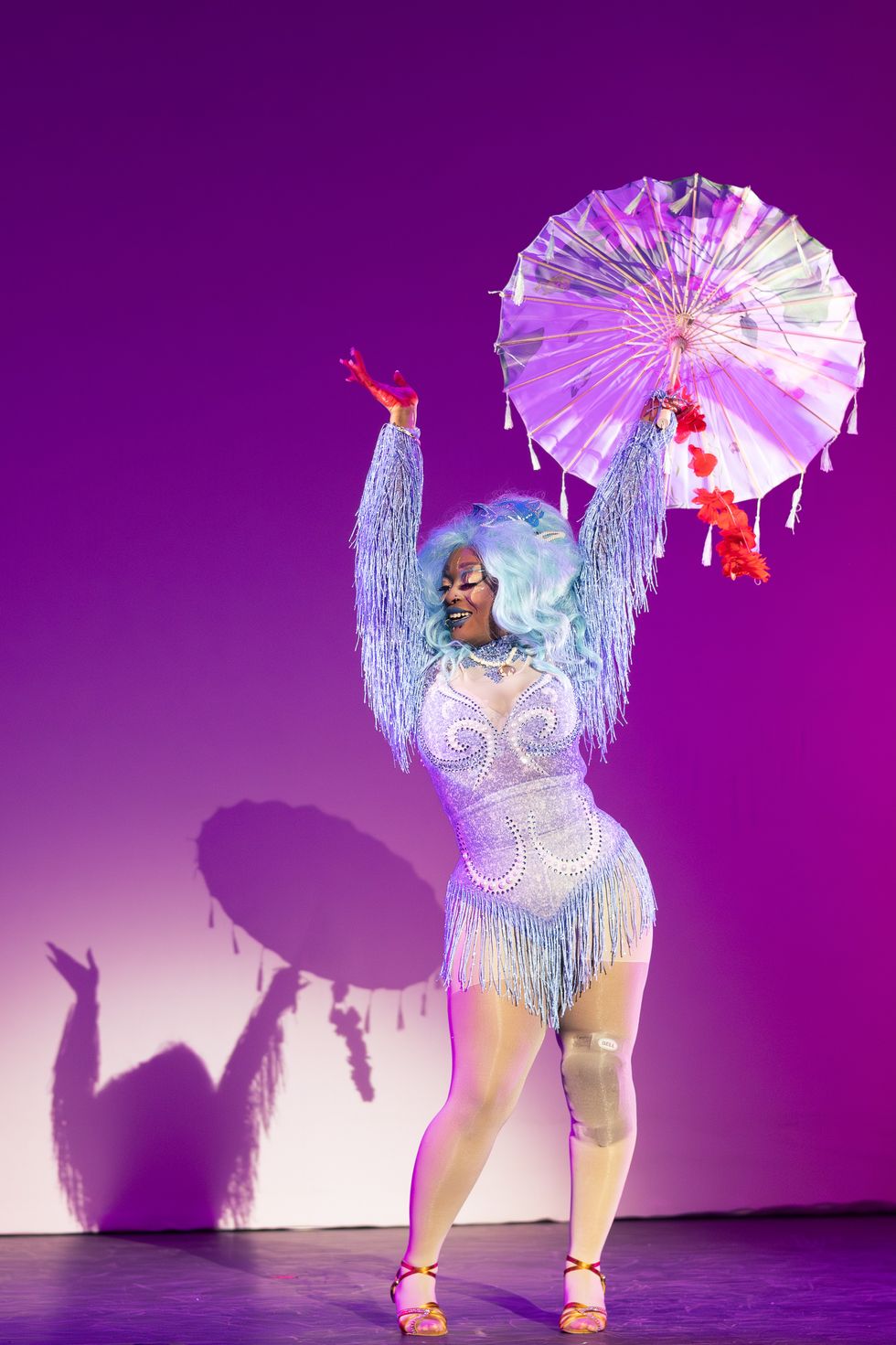 Dulce Gabbana performs at Draggieland 2025.Faith Cooper
Dulce Gabbana performs at Draggieland 2025.Faith Cooper Melaka Mystika, guest host of Texas A&M's Draggieland, entertains the crowd
Faith Cooper
Melaka Mystika, guest host of Texas A&M's Draggieland, entertains the crowd
Faith Cooper

 It's a beautiful day outside Wrigley Field. | It's a beautif… | Flickr
It's a beautiful day outside Wrigley Field. | It's a beautif… | Flickr

 Selection from Magali Duzant's La vie is like thatMagali Duzant
Selection from Magali Duzant's La vie is like thatMagali Duzant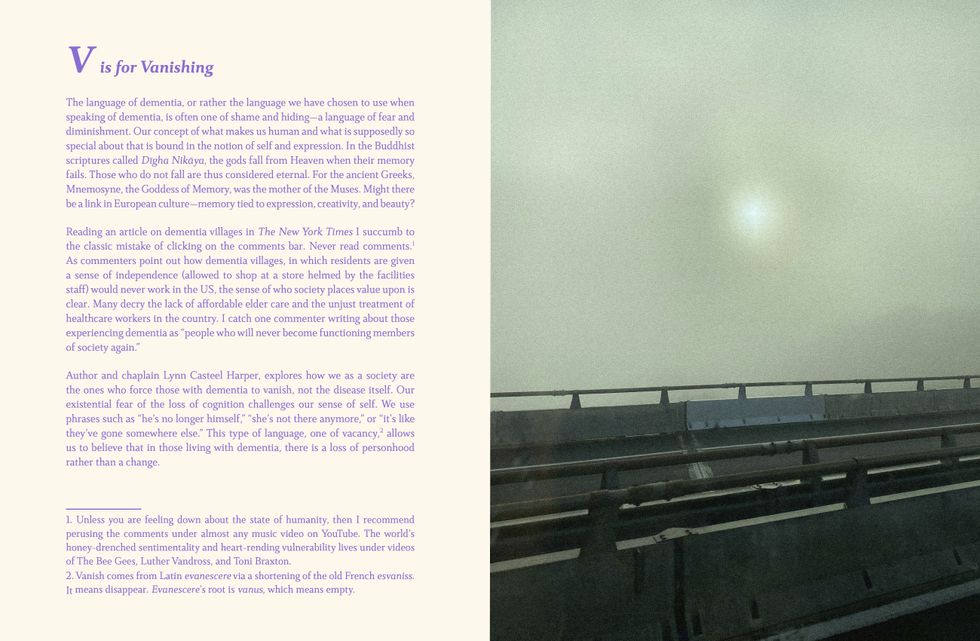 Selection from Magali Duzant's La vie is like thatMagali Duzant
Selection from Magali Duzant's La vie is like thatMagali Duzant Selection from Magali Duzant's La vie is like thatMagali Duzant
Selection from Magali Duzant's La vie is like thatMagali Duzant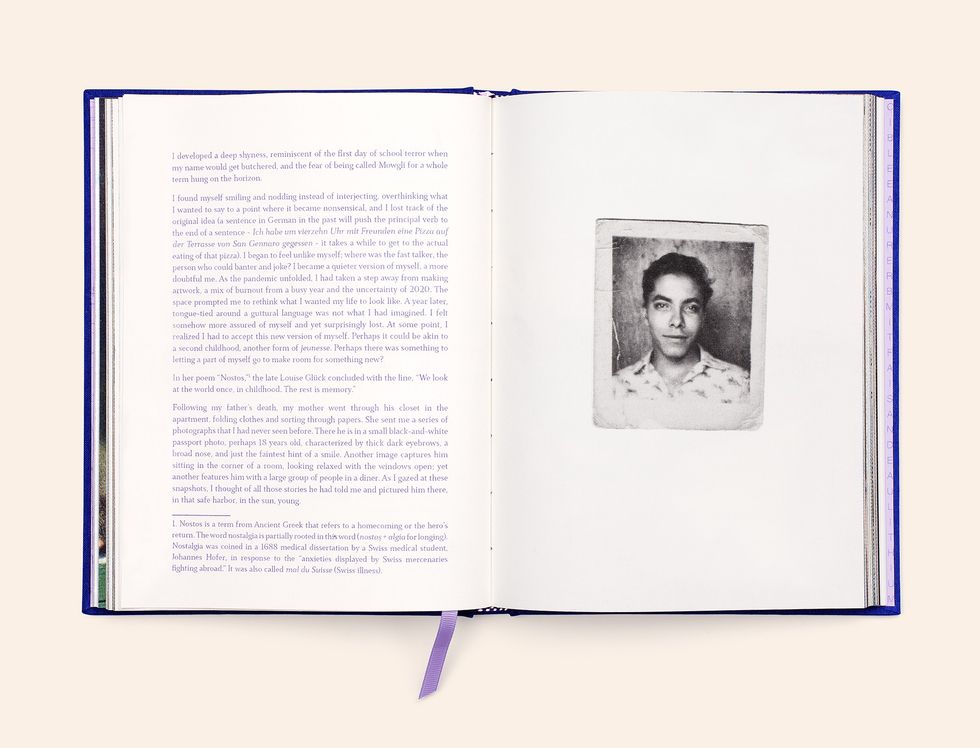 Selection from Magali Duzant's La vie is like that featuring her father, Jean Gérard Benoît Duzant, as a young man.Magali Duzant
Selection from Magali Duzant's La vie is like that featuring her father, Jean Gérard Benoît Duzant, as a young man.Magali Duzant
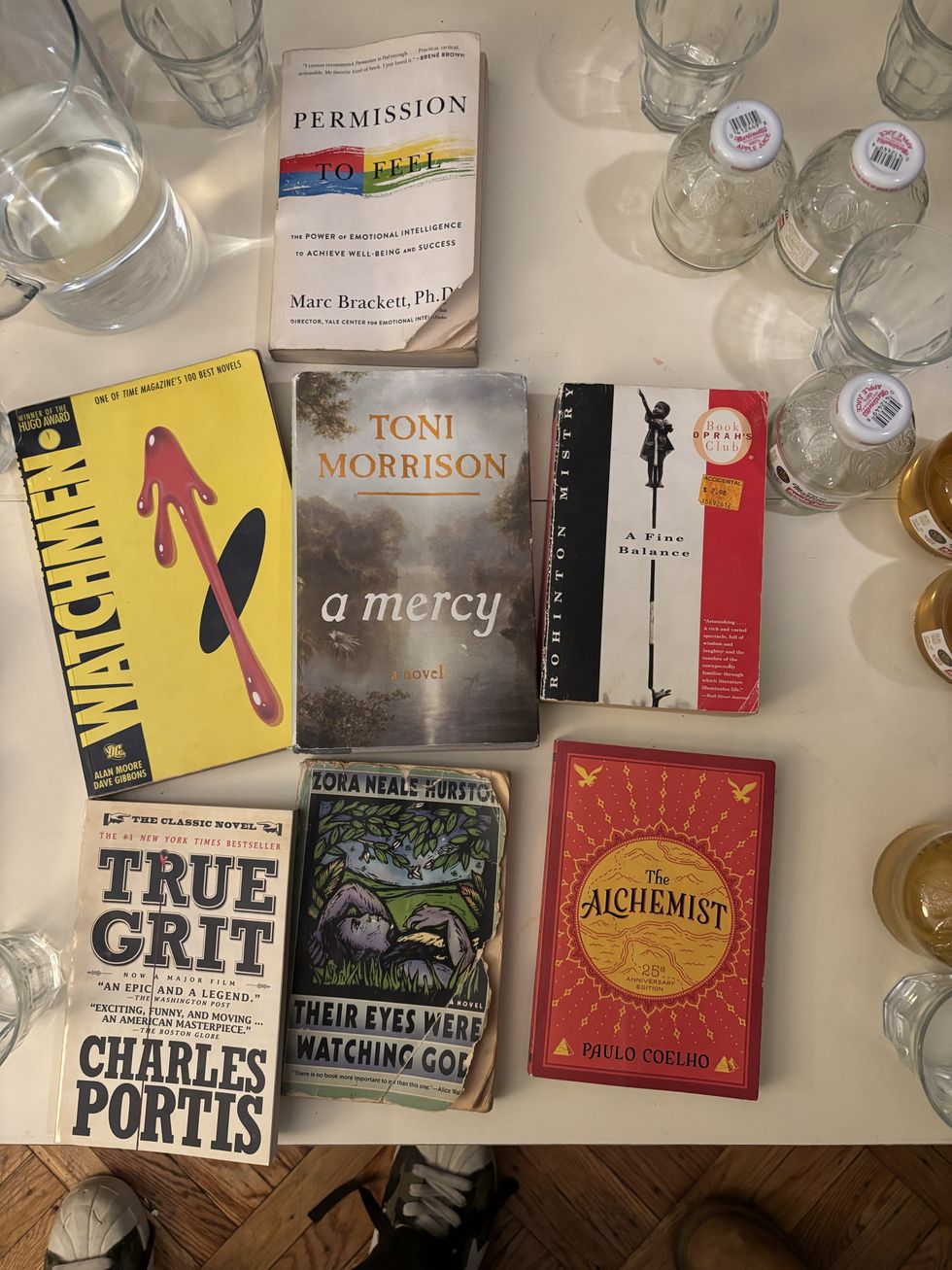 Books at the first meeting of the Fiction Revival book clubYahdon Israel
Books at the first meeting of the Fiction Revival book clubYahdon Israel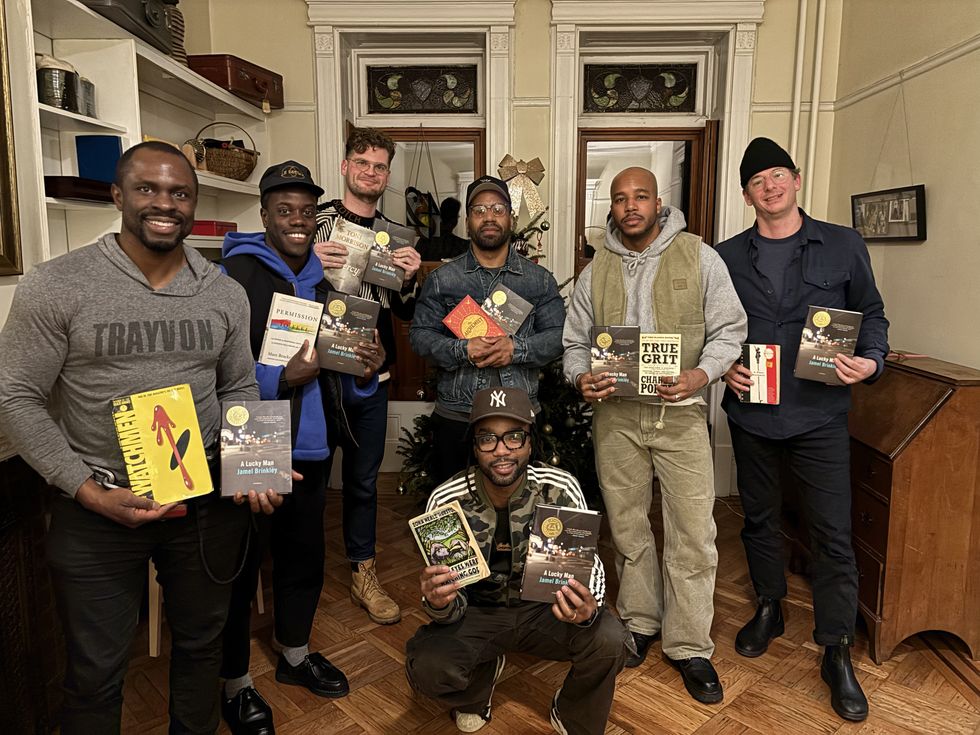 Attendees at the first Fiction Revival meeting.Yahdon Israel
Attendees at the first Fiction Revival meeting.Yahdon Israel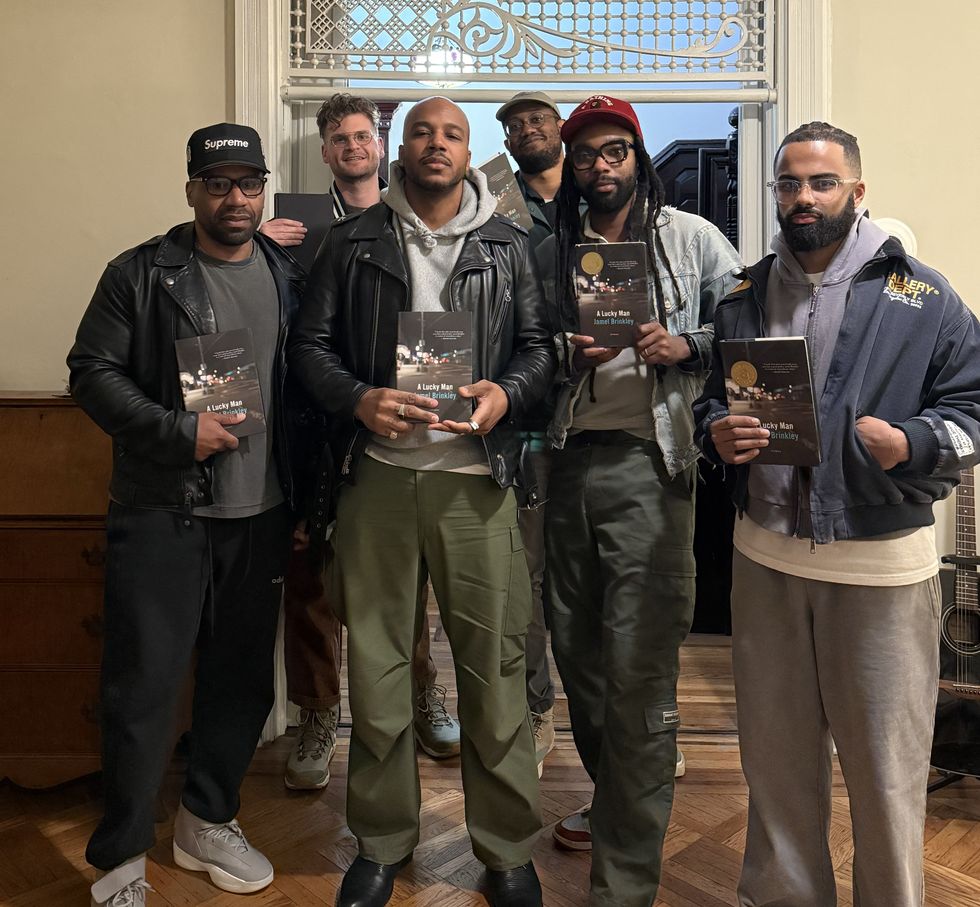 Attendees at the second Fiction Revival meeting.Yahdon Israel
Attendees at the second Fiction Revival meeting.Yahdon Israel

